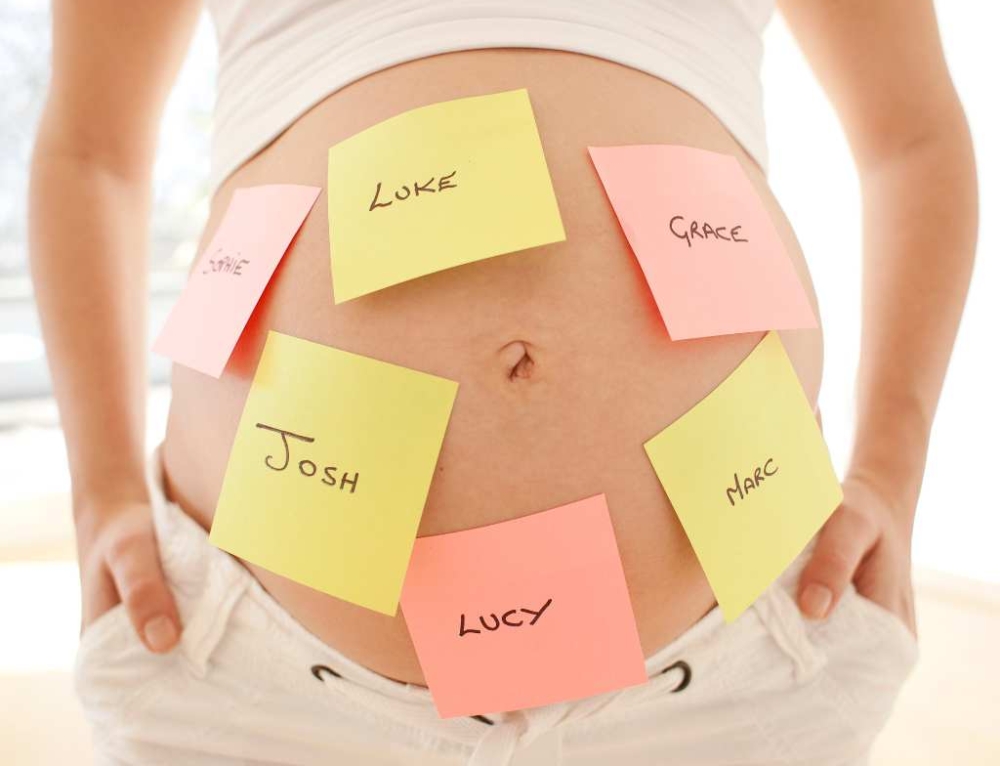Stomach bloating, constipation, or both are common first trimester pregnancy symptom, which tends to reappear again in the last trimester. Other signs and symptoms of early pregnancy include:
- No period or lighter bleeding
- Cardiovascular, temperature and blood flow changes
- Breast and nipple changes
- Going to the toilet more frequently
- Morning sickness
- Increased saliva
- Dizziness and fainting
- Tiredness and exhaustion
- Headaches
- Constipation and wind
- Changed libido
- Cramping, backache and bloating
Wind and constipation in early pregnancy
Constipation, which means having difficulty in opening the bowels or ‘pooing’, is thought to happen because the hormone progesterone slows the movement or ‘motility’ of the gut.
The longer food stays in the intestines, the more water is reabsorbed from the bowel motions back into the body, making them harder to pass.
As a first line of action, the best way to deal with constipation is to adjust your diet by increasing the fibre in your foods (whole grains) and water intake and to include fresh fruit and vegetables (and often dried fruits and fruit juices). You can also drink more water, avoid large meals and maintain gentle exercise to keep your body moving along nicely.
Dealing with wind
Because of the changes in the body, the bowel can also produce more gas and wind during pregnancy. This can make some women feel mild to strong wind pains occasionally.
Constipation is a common cause of gas and bloating and drinking peppermint tea or peppermint water can help with this.
It also helps to stay calm and try not to gulp drinks or gorge on large meals which may have you swallowing more air than you need.
You may also wish to avoid eating gas-producing foods like beans, brassicas and onions or cabbage.







Leave A Comment
You must be logged in to post a comment.